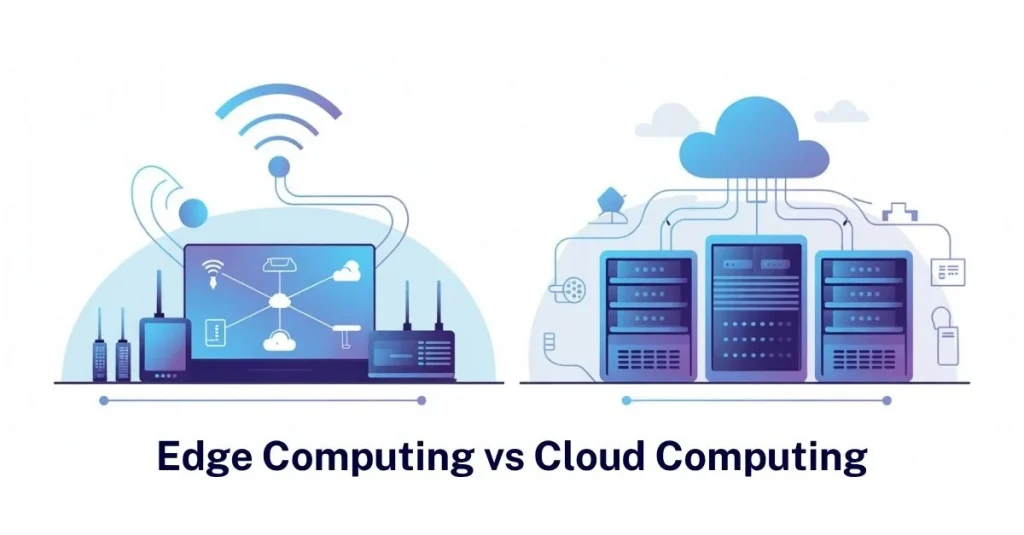Cloud computing has revolutionized the way businesses and individuals store, manage, and process data. This transformative technology provides scalable resources over the internet, eliminating the need for on-premises hardware and software. Let’s explore the basics of cloud computing, its benefits, and how it is reshaping the digital landscape.
What is Cloud Computing?
Cloud computing refers to the delivery of computing services—including storage, processing power, and applications—over the internet, commonly known as “the cloud.” Instead of owning and maintaining physical data centers or servers, businesses can access these resources on a pay-as-you-go basis from cloud service providers like Amazon Web Services (AWS), Microsoft Azure, and Google Cloud Platform (GCP).
Types of Cloud Services
Cloud services can be broadly categorized into three types:
Infrastructure as a Service (IaaS): IaaS provides virtualized computing resources over the internet. It includes services such as virtual machines, storage, and networking. Users can rent these resources on-demand, paying only for what they use. IaaS is ideal for businesses looking to build and manage their own applications without investing in physical infrastructure.
Platform as a Service (PaaS): PaaS offers a complete development and deployment environment in the cloud. It includes infrastructure (servers, storage, and networking) as well as development tools, database management systems, and business analytics services. PaaS allows developers to create, test, and deploy applications quickly without worrying about the underlying hardware.
Software as a Service (SaaS): SaaS delivers software applications over the internet on a subscription basis. Users can access these applications through a web browser without needing to install or maintain software locally. Popular examples include Google Workspace, Microsoft Office 365, and Salesforce. SaaS is ideal for businesses that want to use software applications without the hassle of maintenance and updates.
Benefits of Cloud Computing
Scalability: One of the most significant advantages of cloud computing is scalability. Businesses can quickly scale up or down their computing resources based on demand, ensuring they only pay for what they use.
Cost Efficiency: Cloud computing eliminates the need for significant capital expenditure on hardware and software. Instead, it operates on a pay-as-you-go model, reducing overall IT costs.
Accessibility: Cloud services can be accessed from anywhere with an internet connection, enabling remote work and collaboration across different geographies.
Security: Leading cloud service providers invest heavily in security measures to protect data and applications. Features like data encryption, identity management, and regular security updates ensure robust protection.
Disaster Recovery: Cloud computing offers efficient disaster recovery solutions. Data is often replicated across multiple locations, ensuring business continuity in case of a hardware failure or natural disaster.
Cloud computing in a nutshell
Cloud computing is a game-changer in the IT industry, providing flexible, scalable, and cost-effective solutions for businesses of all sizes. By understanding the basics of cloud computing, businesses can leverage its benefits to enhance their operations, drive innovation, and stay competitive in an increasingly digital world. Whether you are looking to build applications, store data, or use software on-demand, cloud computing offers a reliable and efficient platform to meet your needs.










Leave a Reply